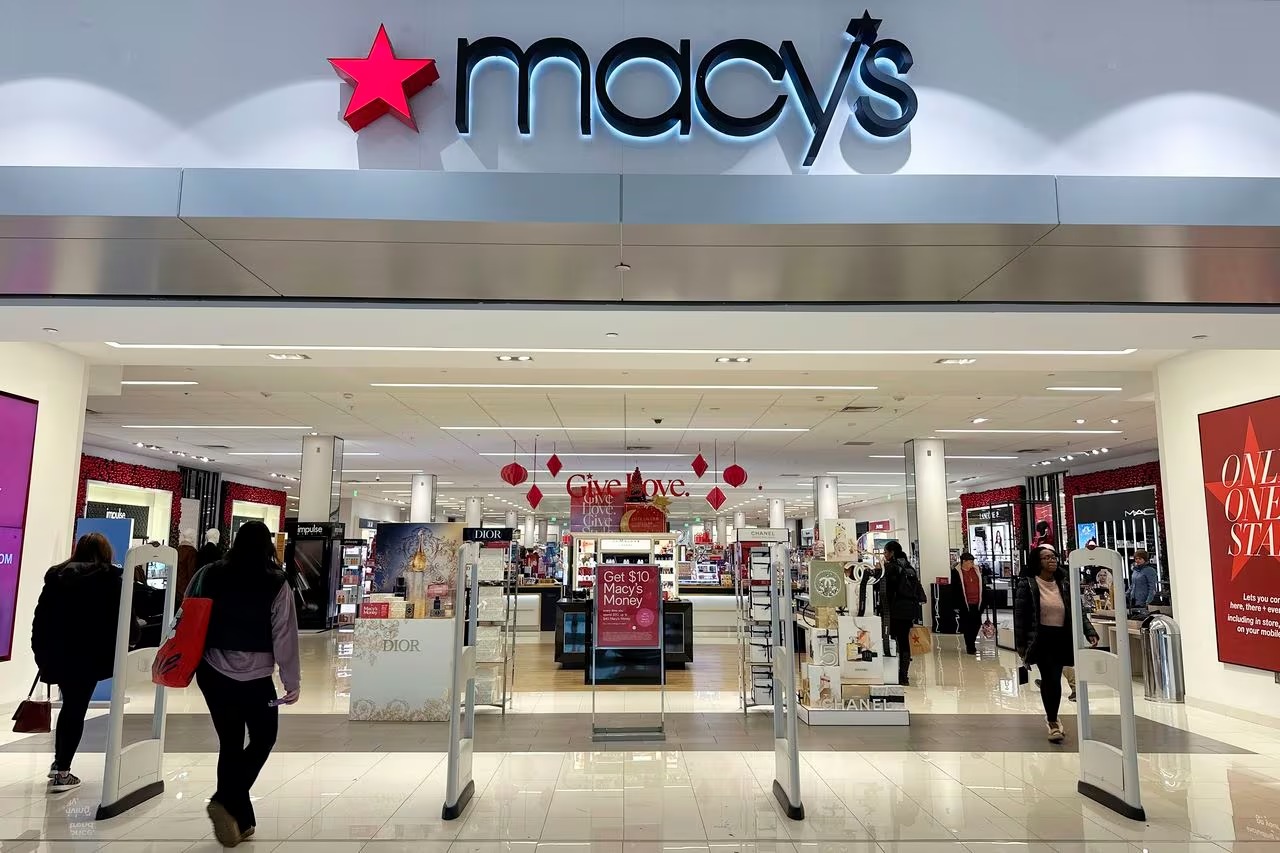Macy’s has announced plans to close 150 stores over the next three years, with 50 of those closures expected by the end of 2024. The decision comes as the department store chain reported a fourth-quarter loss and declining sales.
Despite adjusted net income and revenue surpassing Wall Street expectations, Macy’s offered a cautious outlook for the year ahead, leading to essentially flat shares before the opening bell.
In a strategic shift, Macy’s revealed plans to focus on luxury, including the opening of 15 higher-end Bloomingdale’s stores and 30 Blue Mercury cosmetics locations. This move signals a pivot towards higher-margin segments of the market.

Macy Firm (Credits: MassLive.com)
The company is also facing a proxy fight from Arkhouse Management, which recently nominated a slate of nine directors for election to Macy’s board. Last month, Macy’s rejected a $5.8 billion takeover offer from the hedge fund and Brigade Capital Management, an investment manager.
New CEO Tony Spring, who succeeded Jeff Gennette earlier this month, faces the challenge of reinvigorating customer relationships amidst fierce competition from online retailers. Even before the pandemic, department stores were struggling, as evidenced by bankruptcies filed by Neiman Marcus and JCPenney.
Macy’s is looking to boost sales by accelerating the expansion of small-format stores, aiming to provide greater convenience to customers. The company plans to add up to 30 small-format locations by the fall of 2025, bringing the total to around 42.
Despite these efforts, Macy’s is also cutting costs, including trimming about 3.5% of its total workforce, or roughly 2,350 employees. The company has closed five locations and is seeking to streamline operations to improve efficiency.
Regarding the rejected takeover offer, Macy’s expressed concerns about the financing plan and the offer’s overall value. Last week, Macy’s sought additional financing information from Arkhouse and Brigade to potentially advance talks with its board.
However, instead of providing the requested information, Arkhouse sought to extend its director nomination window by 10 days.
Macy’s is facing significant challenges in the retail landscape but is taking proactive steps to adapt to changing consumer preferences and market conditions. The company’s focus on luxury, small-format stores, and cost-cutting measures will be key factors in its efforts to revitalize its business and drive future growth.























